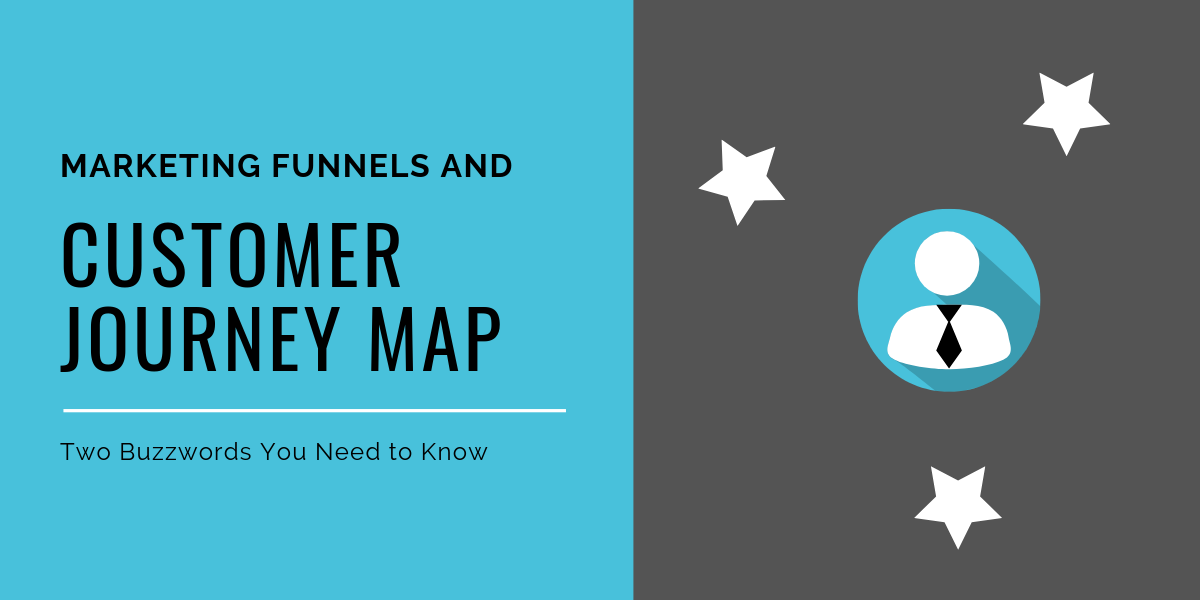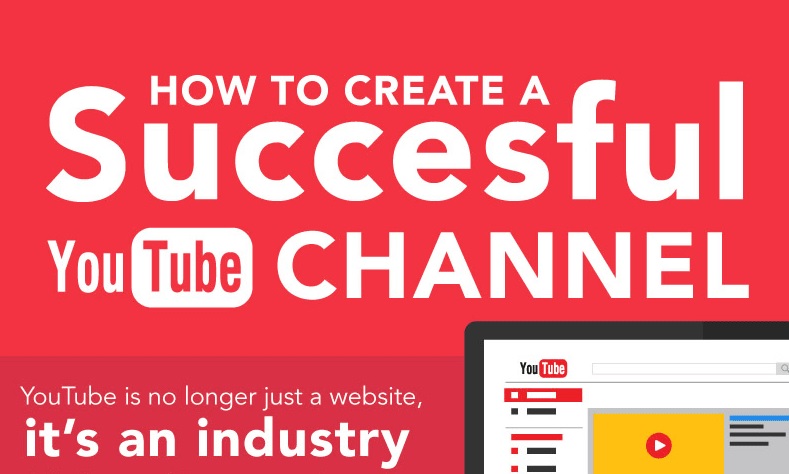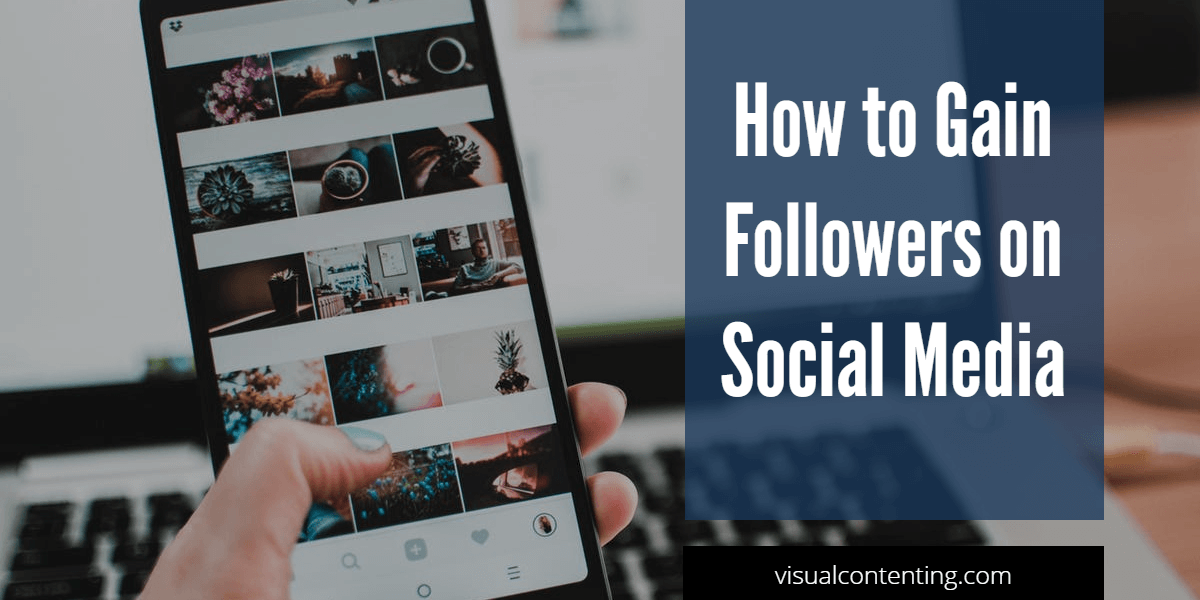In the best possible situation, human beings are always growing and evolving - usually on a daily basis.
Think about the own amount of personal growth that you've gone through in the last year alone. That thing that really, really bothered you in your personal life that happened in January? You probably now find it silly that you ever let it get you so upset. That movie you were lukewarm on when it came out over the summer? You've seen it a few more times now that it's on home video and you've really come around to it.
This personal evolution is a large part of what makes us humans in the first place - and it's also the thing that far too many marketers miss when it comes to creating their marketing strategies as we head into a new year. They assume that they already know everything there is to know about their audience, which eliminates the possibility that these target consumers are living, breathing humans and that they're going through changes, too.
This is why, regardless of how certain you think you are in terms of what you know about your audience, you must use the new year as an opportunity to re-evaluate those insights to make sure your 2020 marketing campaign gets off on the right foot. Doing so, of course, requires you to use a few key concepts to your advantage.
It All Comes Back to Data Management
According to one recent study, Internet users generate about 2.5 quintillion new bytes of data every single day. In 2019 alone, the big data market was expected to grow at a rate of about 20%. By the end of 2020, every single person will generate about 1.7 new megabytes of data once a second.
All of this is to say that all day, every day, your target customers are generating enormous amounts of new data and all of it contains insights that you didn't have access to just 24 hours prior.
Now, when you begin to think about just how much data your target audience has generated in the last year, you begin to get a better understanding of why you need to re-evaluate what you know about your audience every once in a while.
But again - data on its own is largely meaningless. Without a way to extract that insight and uncover the narrative hidden beneath it, you're talking about little more than 1s and 0s sitting on a hard drive somewhere. This is why, when the time does come to go back and "re-learn" as much as you can about your audience, data management is absolutely the place to start.
Not only do you want to make sure that you're feeding your CRM tools and other solutions as much high quality data as possible, but you want to make sure you're "making sense" of that data in the most effective way that you can. User-generated data can help you not only gain more valuable insight into key demographics, but we're now at the point where you can also dive deeper into the interests and preferences of people on an individual basis.

Therefore, if you're able to take what you currently know about your audience and compare it to what you used to know, you can use it to see just how much they've changed over the last year... which you can use to get a better understanding of where they might be headed as 2020 finally arrives.
Letting the Past Inform the Future
But to really leverage this type of data management and audience insight analysis to your advantage, you need to start exactly there: with your audience. Far too many brands make the mistake of looking at the situation through the wrong lens. They consolidate relevant data around a particular channel ("how did Facebook perform for us this year?") or a specific product ("how did people like that new offering we rolled out in Q2?").
Instead, you need to begin with the individual. Once you know exactly who you're targeting, then you can move onto thinking about channels and products. But if you make the mistake of skipping directly to that point, you won't be able to uncover nearly the amount of insight that you thought you would.
As your data management efforts continue, you can then begin to think about how your marketing efforts do or do not align with the people you thought you were speaking to. You probably already use services like Respona to conduct topic research before you decide on what blog posts to write about, for example. That's great - but you then need to take the additional step of making sure that your audience is the one you thought you were speaking to in the first place.
Once you begin to go over all the data that has been created and collected in the last year, you can start to ask yourself questions like:
- When we use a graph maker like Visme (which I founded) to create collateral, are we actually reaching the audience we want to be reaching?
- If the answer is "no", why is that? Has the audience changed in a way we didn't expect? Or is it that the audience changed and we didn't change with them?
- Along the same lines, who are we reaching?
- Whenever we publish new collateral, is our intended audience reacting to it in the ways that we anticipated and desired?
- Based on everything we now know that we didn't know a year ago, is there some type of similar audience that we can now expose our messaging to that may not have existed in the past?
Don't be afraid to create a tree diagram maker with the answers to these types of questions, to help visualize not only your data but what you're learning from that data in a way that everyone can see, process and learn from.
In the end, never let yourself forget that digital marketing is always in a constant state of evolution. This is true both in terms of the techniques that we use to reach our target audiences, and in regard to the people who make up those audiences themselves.
This evolution is the biggest reason why you should never think of your marketing strategy as "permanent" or "absolutely, positively finished." Yes, it takes an enormous amount of work at the beginning of the year to lay out all of your efforts in great detail for the next 365 days. But when you get to the end of that road, the last thing you want to say is "well, that went great. Let's just do that again."
Because the chances of replicating that success are probably "slim-to-none."
If you consider learning about your audience as something that you "do once and forget about," suddenly your marketing campaign loses its ability to remain agile and scale with both your business and your audience. But if you understand that the process of creating a marketing strategy itself is iterative in nature - that is to say, it's changing all the time - you'll be able to enjoy much more accurate targeting (and much better outcomes) as a result.
Photo by Will Francis on Unsplash
Photo by Campaign Creators on Unsplash
Related Posts

Payman Taei is the founder of Visme, an easy-to-use online tool to create engaging presentations, infographics, and other forms of visual content. He is also the founder of HindSite Interactive, an award-winning Maryland digital agency specializing in website design, user experience and web app development.




